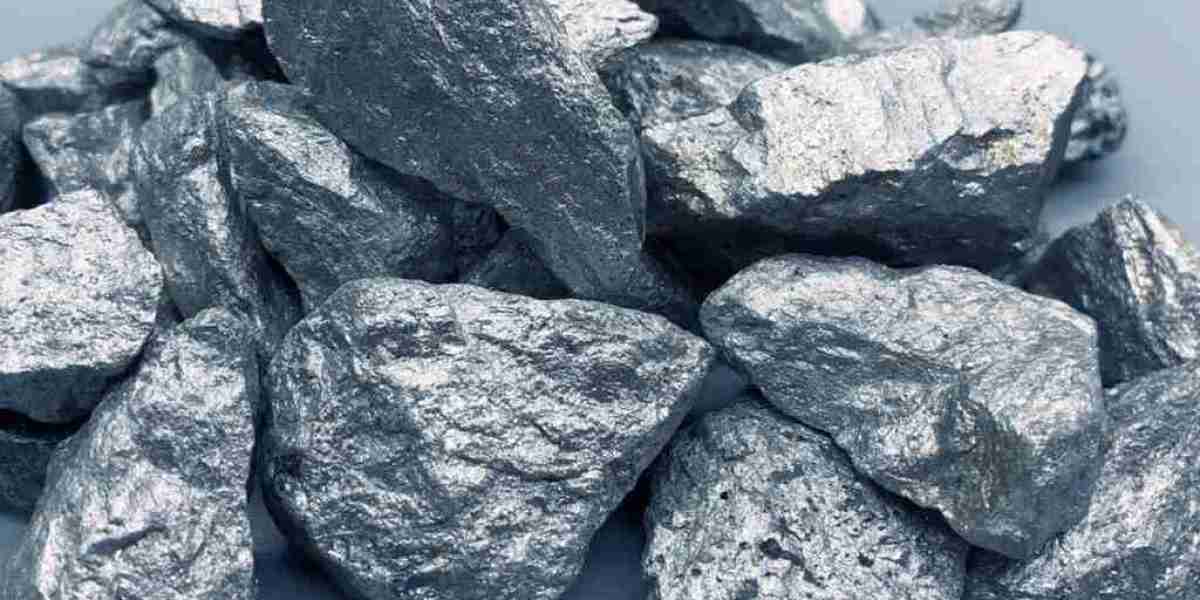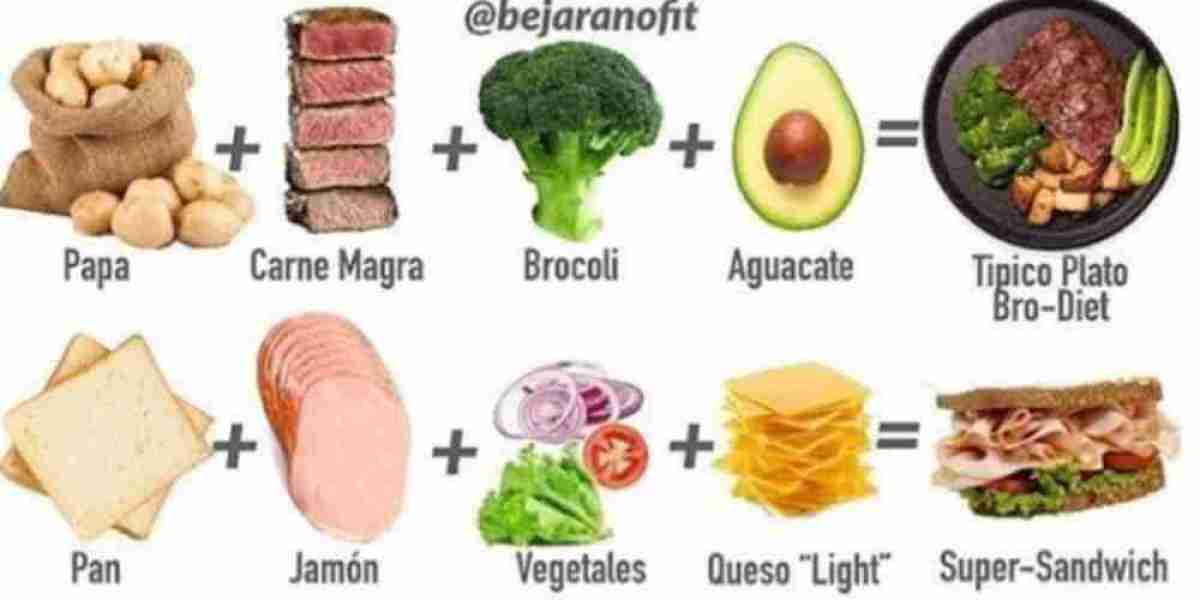Among the critical contributors to this growth are Noble Alloys—specialized alloying elements that play a key role in enhancing the properties of steel and other base metals. In India, noble alloys have become indispensable to industries ranging from automotive to aerospace, power generation, and infrastructure. Companies like Fondelco International are at the forefront of producing, importing, and supplying high-quality noble alloys to meet both domestic and global demands.
What Are Noble Alloys?
Noble alloys are high-value alloys containing metals such as vanadium, molybdenum, titanium, tungsten, and niobium. Unlike bulk ferroalloys such as ferro silicon or ferro manganese, noble alloys are used in smaller quantities but have a profound impact on the strength, durability, and corrosion resistance of steel and alloys.
Some widely used noble alloys include:
- Ferro Vanadium (FeV): Enhances tensile strength and resistance to shock.
- Ferro Titanium (FeTi): Improves toughness, reduces grain size, and removes oxygen impurities.
- Ferro Niobium (FeNb): Strengthens steel without compromising ductility.
- Ferro Tungsten (FeW): Enhances wear resistance and hardness.
- Ferro Molybdenum (FeMo): Increases resistance to corrosion and high temperatures.
These alloys are vital for producing high-performance steel grades that can withstand extreme conditions in industries like defense, construction, and transport.
The Role of Noble Alloys in Indian Industry
India is among the largest steel producers globally, and its domestic demand for noble alloys has grown in parallel. With government-led initiatives such as Make in India and National Steel Policy 2017, the requirement for value-added steel has risen significantly. Noble alloys ensure that steel meets modern industrial standards of efficiency, safety, and durability.
Key sectors relying on noble alloys include:
- Construction & Infrastructure – High-strength, low-alloy steels reinforced with noble alloys are used in bridges, skyscrapers, and smart city projects.
- Automobile & Railways – Lightweight but strong alloys are vital for fuel efficiency and safety in cars, trucks, and railway tracks.
- Energy Sector – Power plants, wind turbines, and oil & gas pipelines require steels with high temperature and corrosion resistance.
- Defense & Aerospace – Noble alloys are indispensable for manufacturing tanks, aircraft, and defense equipment due to their ability to withstand extreme stresses.
Indian Noble Alloys Market and Global Trade
India has traditionally imported many noble alloys, but in recent years, domestic producers have stepped up to reduce dependence on imports. Companies like Fondelco International have played a dual role: strengthening local manufacturing while also acting as a trusted global supplier and importer of noble alloys.
The global noble alloys market is projected to expand steadily, driven by the growth of steel production in emerging economies. India, being both a producer and a large consumer of steel, is in a unique position to capitalize on this demand. Noble alloys not only serve domestic steelmakers but also contribute to India’s export competitiveness.
Fondelco International: A Trusted Partner in Noble Alloys
Fondelco International has earned recognition as a leading supplier and importer of noble alloys in India. With years of expertise in the metallurgical industry, the company has established strong partnerships with steel manufacturers, foundries, and engineering firms.
Key strengths of Fondelco International include:
- Wide Product Portfolio: Offering ferro vanadium, ferro molybdenum, ferro titanium, ferro niobium, and ferro tungsten.
- Global Sourcing Network: Strategic alliances with international suppliers ensure reliable quality and timely delivery.
- Commitment to Quality: Strict adherence to international standards guarantees alloys with consistent chemical composition.
- Sustainable Practices: Focus on responsible sourcing and eco-friendly processes that align with India’s sustainable industrial growth.
By bridging the gap between global supply and local demand, Fondelco International supports India’s steelmakers in producing world-class, high-performance steel.
Challenges and Opportunities in the Noble Alloys Sector
Like many specialized industries, the noble alloys sector faces challenges such as fluctuating raw material prices, reliance on imports, and global trade uncertainties. However, opportunities far outweigh these obstacles.
- Domestic Mining Potential: With advancements in exploration, India has the potential to reduce its dependence on imports of alloying elements.
- Technology Upgradation: Use of advanced smelting technologies can improve efficiency and lower costs.
- Growing Demand: Rapid industrialization and urbanization will continue to fuel the need for high-performance steel.
- Export Potential: With quality production, India can become a key exporter of noble alloys, catering to international steelmakers.
The Future of Noble Alloys in India
As India moves toward becoming a $5 trillion economy, the role of advanced materials like noble alloys cannot be overstated. Steel demand is projected to grow significantly, and with it, the demand for specialized alloys. By investing in research, technology, and global collaborations, Indian companies can ensure a steady supply of noble alloys to meet both domestic and international requirements.
Fondelco International, with its expertise, reliability, and global network, is set to remain a leading force in this sector—contributing to India’s industrial progress while building a strong presence in international markets.
Conclusion
Noble alloys may be used in small quantities, but their impact on the quality and performance of steel is immense. In India, the noble alloys sector is vital for strengthening industries that form the backbone of the economy—from infrastructure to defense. Companies like Fondelco International play a crucial role by ensuring the availability of world-class alloys, supporting India’s vision of becoming a global leader in metallurgy.
The growth of Indian Noble Alloys reflects not just industrial progress but also the nation’s ability to innovate, adapt, and thrive in a rapidly changing global landscape.






